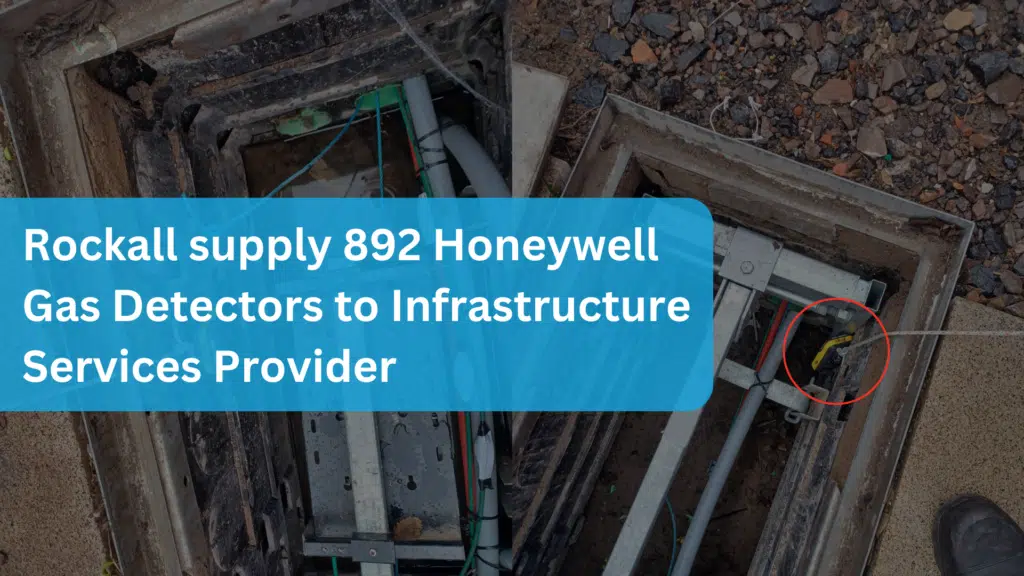
Methane
Formula: CH₄
CAS Number: 74-82-8
Introduction:
Methane gas, with its molecular formula CH₄, is a colourless, odourless, and highly flammable hydrocarbon compound. CH₄ is a potent greenhouse gas that contributes to global warming and climate change. It is not as prevalent in the Earth’s atmosphere as carbon dioxide. However, it still plays a significant role in these environmental issues.
Characteristics:
Methane is lighter than air, dispersing quickly when released into the atmosphere. It has a relatively short atmospheric lifespan compared to carbon dioxide, but its potency as a greenhouse gas is many times greater. Methane has a crucial role in the formation of ground-level ozone, a key component of smog and air pollution.
Natural Sources:
CH₄ is emitted naturally from various sources such as wetlands, oceans, and the digestive processes of animals (enteric fermentation). Organic matter is released when breaking down in landfills or within places without oxygen.
Impacts:
Methane has a higher global warming potential than carbon dioxide, up to 80 times more. CH₄ is responsible for about one-third of current global warming. On the other hand, it disappears from the atmosphere much faster than carbon dioxide, lasting only about 10 to 20 years.
Methane contributes to the formation of ground-level ozone, which can have detrimental effects on human health, including respiratory issues and cardiovascular problems.
Emissions waste energy resources, especially in the oil and gas industry. They are often leaked during extraction, processing, and transportation. This leads to a loss of valuable energy.
Conclusion:
Understanding the characteristics, sources, and impacts of this gas is crucial. This knowledge helps in developing effective strategies to reduce its impact on climate change and air pollution.
We can create a more sustainable and resilient future by reducing methane emissions. This can be achieved through technological advancements, policy changes, and shifts in behaviour. These actions will help us move towards a better future.
For more information on CH₄, download our gas fact sheet here: Detecting Methane
Written by Rhys Redrup






